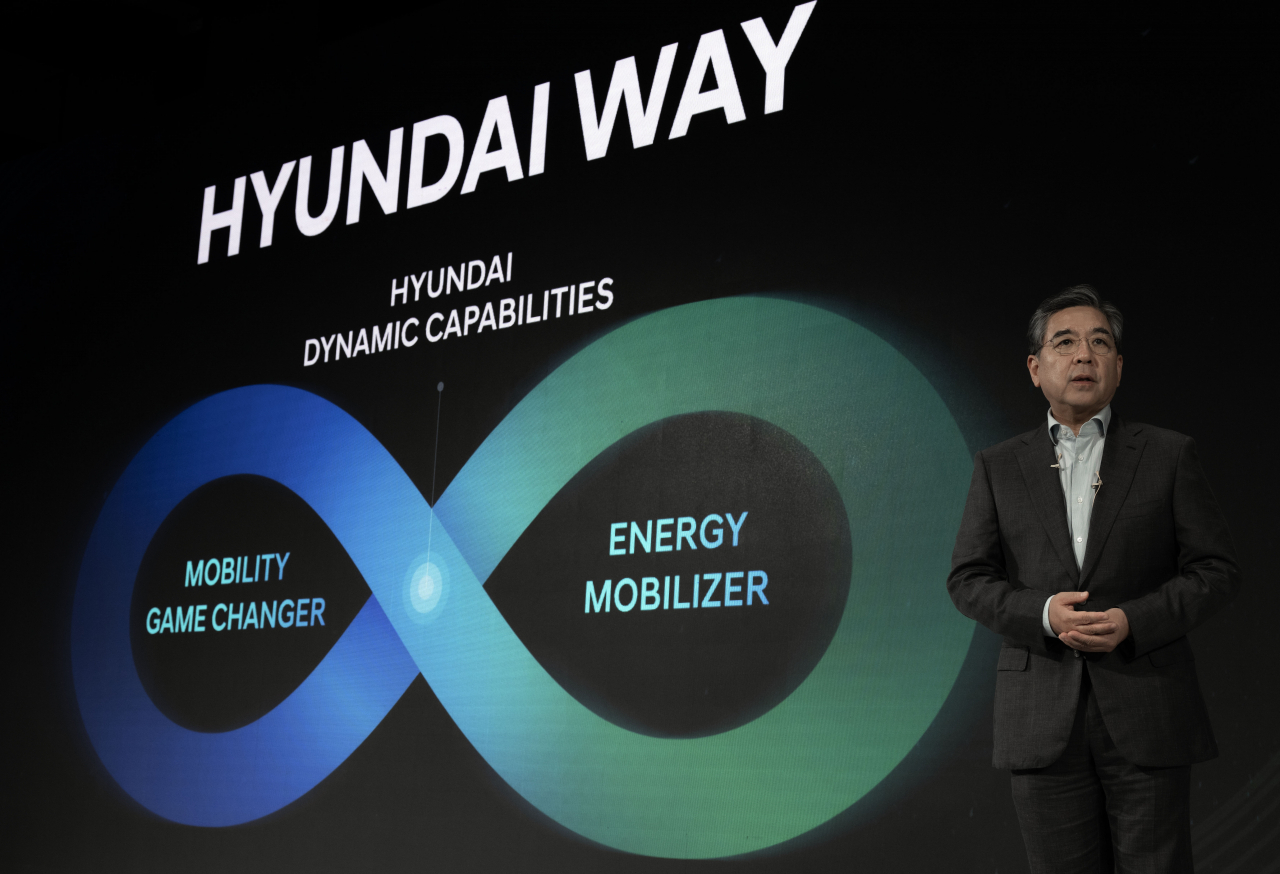The Supreme Court took direct aim at another decades-old precedent on Monday, agreeing to hear a major challenge to the executive branch’s authority to interpret and enforce federal laws. It’s the latest in a series of moves the conservative majority has made to shift ever more power to the federal judiciary at the expense of the president—or, more realistically, a Democratic president. On this week’s Slate Plus segment of Amicus, Mark Joseph Stern and Dahlia Lithwick discussed the case and what it augurs for the federal government’s ability, or inability, to carry out Congress’ commands. Their conversation has been edited and condensed for clarity.
Dahlia Lithwick: We learned this week that the bell tolls, possibly, for Chevrondeference. This has been a long time coming, but the court just granted cert in a case for next year. That certainly tees up the end of the long, long-standing proposition that the courts defer to agencies to interpret their own rules.
Mark Joseph Stern: Yes, Chevron’s bell has probably tolled. This is one of Justice John Paul Stevens’ most cited decisions, from 1984. We’ve got all these laws that assign complicated responsibilities to federal agencies like the EPA, the Department of Labor, the Department of Agriculture—I could go on forever. In Chevron, Stevens said: Look, these laws don’t all purport to spell out exactly how regulations should be implemented. When there’s an ambiguity, we’re going to defer to an agency’s interpretation as long as we think it’s reasonable. That ensures that more power remains focused in the executive branch, which is ultimately accountable to the people through the president. And it prevents the judiciary from seizing that power and placing it in the hands of judges, who are, of course, unelectable and unaccountable.
Advertisement Advertisement Advertisement AdvertisementBut now the court has taken up a case that seems designed to blow up Chevron and kill it for good, called Loper Bright Enterprises v. Raimondo. This case was crafted by Paul Clement as an assault on Chevron deference. And it’s pretty clear that there are five or six justices who are ready to either explicitly kill Chevron or further narrow it so much that it no longer really exists.
Lithwick: Which is what the Supreme Court has been doing for a while, right? I think it’s a fair question to ask whether Chevron still exists at the court.
Stern: Well, the Supreme Court hasn’t explicitly invoked Chevron deference for many years. Instead, SCOTUS just pretends it doesn’t exist. But it’s still very actively used in the lower courts, so that’s where the impact of this case will be felt the most.
AdvertisementLithwick: So what’s the real impact if the court finally says goodbye to Chevron for good?
Stern: You know, when he was talking about this issue of courts ending deference to agencies, Justice Breyer called it a “power grab.” Because it gives judges ultimate authority over what these laws mean, even when they’re ambiguous, even when an agency’s interpretation might be reasonable. And this is just another way for this court to assert veto power over presidents. Well, let’s be honest: Democratic presidents. It’s like the major questions doctrine and the nondelegation doctrine—it’s going to be another tool that the court can invoke anytime it wants to block some executive action when there’s a Democrat in the White House.
AdvertisementPopular in News & Politics
- A Supreme Court Justice Gave Us Alarming New Evidence That He’s Living in MAGA World
- Ten Years Ago, His Book About Civilizational Collapse Got Unexpectedly Popular. He’s Back With a Little Bit of Hope.
- We’ve Been Entertaining an Illusion About the Supreme Court. It’s Finally Been Shattered.
- Them Supreme Court Boys Are at It Again
Lithwick: We’ve been talking about recusal a lot lately. Here, we actually have a recusal—Justice Ketanji Brown Jackson is sitting out because she served on the D.C. Circuit when the case was there.
AdvertisementStern: That’s the cherry on top. It means a short-staffed Supreme Court, with just eight members, will decide whether to kill Chevron. And I honestly think it’s rude for the court to take on such a major case with a justice recused, especially when there are ample opportunities for the court to overrule Chevron. There was one just a few months ago, and Justice Gorsuch said he would’ve taken it up. Now, suddenly, they’re in a rush? They’re waiting for nobody? Come on.
Lithwick: Before we say goodbye, let’s just stop to note how sweet it is that some justices still recuse.
Stern: I mean, I do think Justice Jackson should recuse—anytime a justice touched a case on a lower court, they should recuse. But it seems crazy that she’s recusing here while Clarence Thomas isn’t recusing, when his billionaire benefactor Harlan Crow is funding a case before the court. The liberal justices just hold themselves to a much, much higher standard.
Tweet Share Share Comment 顶: 95踩: 2931
Supreme Court power grab: The justices tee up a challenge to Chevron deference.
人参与 | 时间:2024-09-22 01:13:52
相关文章
- Scientists discover where the huge dinosaur
- 郁南检察:六万师生共享法治盛宴 线上线下融合创新普法
- US soldier who defected to NK had been in prison workshop in Seoul: sources
- Facebook plans 'enterprise edition' of VR headsets
- 评论丨农事运动会:一场农民的盛会、新农人风采展现的盛会、城乡双向奔赴的盛会
- Interview: What is it Like to Develop a Game in VR?
- [From the scene] South Koreans celebrate Park’s impeachment in rally
- Australian Olympic track star Bol fails drugs test
- Pope says England are not 'one
- Japan is planning toilets for all genders at the 2020 Tokyo Olympics






评论专区